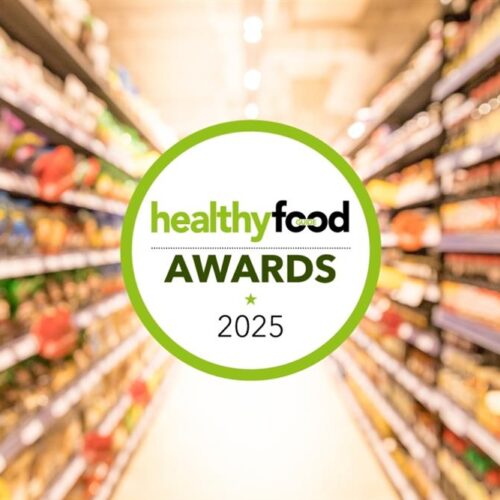
In places where there is COVID-19 in the community, supermarket workers may be at higher risk than other community members of catching the virus, according to new research.
The risk of COVID-19 transmission was higher for supermarket workers, the US study found, and those who were in customer-facing roles were five times more likely than their colleagues to test positive.
Asymptomatic infection common
“What’s more, among those testing positive, three out of four had no symptoms, suggesting these key workers could be an important reservoir of infection,” the researchers say.
The results are from a small observational study of just 100 supermarket workers, so further investigation is needed to establish cause.
Until now, research focussing on key/essential workers has mostly looked at healthcare workers.
The researchers recommend employers provide methods to reduce interpersonal contact and routine testing to “ensure the health and safety of essential workers”.
Supermarket safety measures around the world
In the UK employers are expected to take reasonable steps to ensure their employees can work safely including but not limited to:
• Frequent handwashing and surface cleaning,
• Screens or barriers to keep people separate, where possible
• Keeping background noise down to prevent people having to raise their voices at each other
• Enabling social distancing, where possible
• Providing hand sanitiser for customers
• Managing queues
• Providing good ventilation.
In Australia, regulations vary among states and territories but may include:
• Completing a COVID-19 Safety Plan and registering the business as ‘COVID Safe’
• Enabling physical distancing, where possible
• Encouraging face coverings
• Supporting workers to get tested and stay home if they have symptoms
• Keeping contact tracing records
• Improving ventilation.
New Zealand requires all businesses provide a contact-tracing QR code and recommendations to protect workers and customers may change, depending on which COVID alert level is in force. Many supermarkets provide Perspex screens or barriers, to protect workers, and hand sanitiser for use on entry to premises, as well as regular sanitising of trolleys and other surfaces.
The Centers for Disease Control and Prevention in the US recommends employers maintain a healthy work environment through measures including:
• Providing barriers in checkout lanes, customer service desks and pharmacy and liquor store counters, if possible
• Using every other check-out lane to aid distancing
• Moving the EFTPOS terminal further away from the cashier to increase the distance between the customer and the cashier, if possible
• Using loudspeaker announcements and signage to remind employees and customers to physical distancing
• Cleaning and disinfecting frequently touched surfaces
• Shifting stocking activities to off-peak or after hours, when possible, to reduce contact with customers.
Article sources and references
- Lan F, Suharlim C, Kales SN, et alAssociation between SARS-CoV-2 infection, exposure risk and mental health among a cohort of essential retail workers in the USA Occupational and Environmental Medicine Published Online First: 30 October 2020. doi: 10.1136/oemed-2020-106774https://oem.bmj.com/content/early/2020/10/11/oemed-2020-106774.full
- Supermarket staff could pose risk of COVID-19 spread. Scimex, accessed 5 November 2020https://www.scimex.org/newsfeed/grocery-store-workers-could-pose-risk-of-covid-19-spread
- Creating a COVID Safe workplace. Victoria State Goverment, accessed 5 November 2020https://www.coronavirus.vic.gov.au/sites/default/files/2020-10/FACT%20SHEET%E2%80%94%20How%20to%20create%20a%20COVIDSAFE%20worplace.pdf
- What Grocery and Food Retail Workers Need to Know about COVID-19. Ceners for Disease Control and Prevention, accessed 5 November 2020https://www.cdc.gov/coronavirus/2019-ncov/community/organizations/grocery-food-retail-workers.html
- Retail and grocery. NSW Government, accessed 5 November 2020https://www.nsw.gov.au/covid-19/covid-safe/retail-and-grocery
www.healthyfood.com











